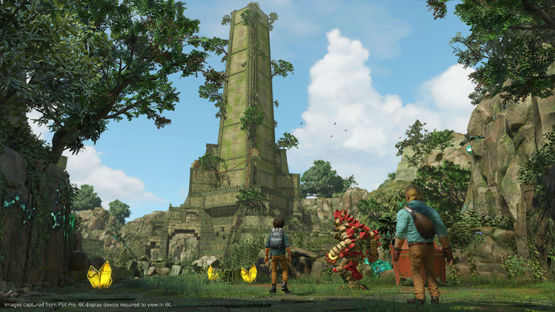The day was November 15, 2013. My PlayStation 4 had just arrived and there was a whirlwind of experiencing the launch titles for the console. Our review of Knack came five days later, a game that seemed to focus on being an impressive tech demo for how the PS4 handles particle physics rather than a next-gen evolution…
-
Varied cadence of combat, platforming, and puzzles
-
Tons of replayability
-
Knack's moveset means combat is a lot more fun and exciting
-
Exceptionally polished throughout
-
No separate difficulties for platforming and combat
-
Doesn't innovate on the genre, just polishes it








